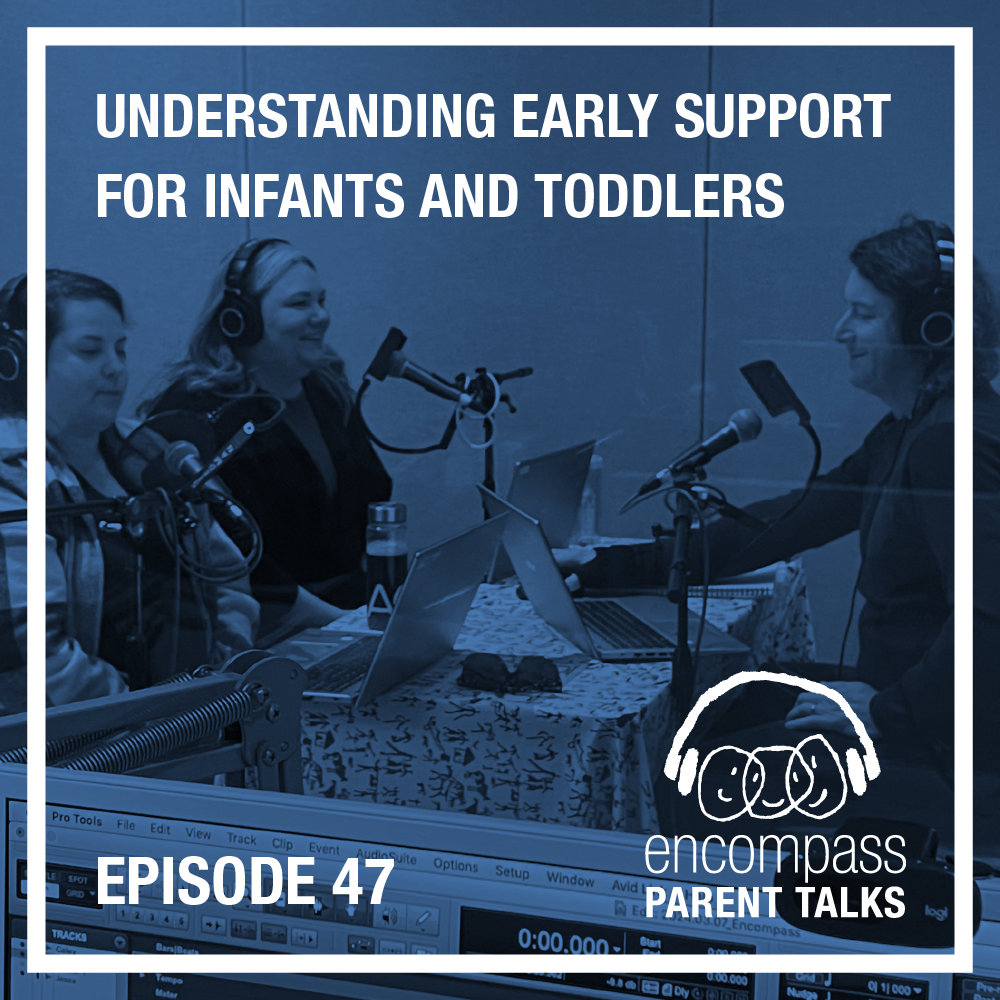Why Spitting is Important
 Spitting is a behavior that many parents want to distinguish as soon as it starts. It feels messy and unsanitary. However, from a feeding perspective, it is a developmental skill that is important for felt safety around food.
Spitting is a behavior that many parents want to distinguish as soon as it starts. It feels messy and unsanitary. However, from a feeding perspective, it is a developmental skill that is important for felt safety around food.
For kids who have feeding difficulties, it can be scary to eat new and unfamiliar foods. Our body’s first and most important job is to keep us alive and breathing. When we eat “new” or unfamiliar foods, sometimes our bodies might not know how to chew and safely swallow the food. While that may sound strange, it really isn’t! Several small oral motor patterns must take place when eating and if those oral motor patterns are atypical or out of place, it can make our bodies feel unsafe. For many, that results in eliminating an entire food from our diet.
Therefore, spitting is so important! Spitting allows us to do many things. First, it allows us to expel unwanted/unsafe food quickly and efficiently from our oral cavity. This gives us body autonomy to independently get out of a situation that we find uncomfortable. Spitting is also a great oral motor exercise as we are required to collect the bolus (chewed food) and move it anteriorly while also using tongue and lip pressure to expel and scrape the extra/small food particles out of our mouth.
Most children receiving feeding therapy “spit” with an open mouth and tongue posture: They hold their mouth open, lean forward, and wait for gravity to pull the food out of their mouth. Then they scrape their tongue to get the remaining food off their tongue. This is successful to an extent. “Spitting” in this sense prolongs the discomfort of having the undesired food in their mouth. The goal of spitting is to remove the undesired/unsafe bolus as quickly and efficiently as possible so our bodies can come back to baseline and feel safe.
It is understandable that parents don’t want their children to spit as it can result in unwanted behaviors. One way to combat this is to set boundaries for when and where it is okay for a child to spit. Try placing a cup or napkin at the table and let them know they are there in case a food doesn’t agree with them. If a child knows they have a safe and appropriate escape plan, they will feel as if they have more control and may be more willing to try new foods.
For more information about our Nourish program, please visit https://encompassnw.org/program/pediatric-therapy/nourish/.














